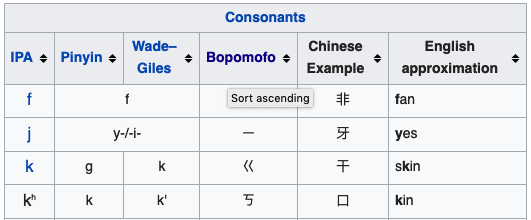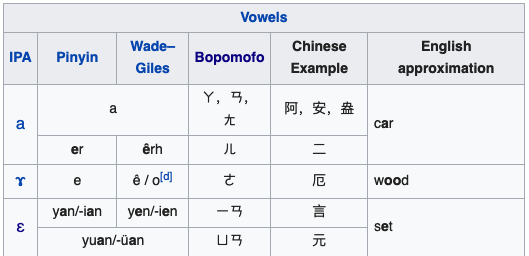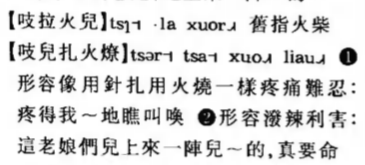Chinese (Mandarin) use [x] to pronounce h sound. It does not have any sounds such as [h] and [ɸ].
However, I'm not sure if it is fine to assume that all the h in pinyin are pronounced as [x]. According to this question and the answer, [x] is the standard sound, but is there any case to use a different sound on the h in pinyin? If so, how can I know if it is pronounced as such, given that it is generally impossible to know which IPA sound is used in Chinese words?


